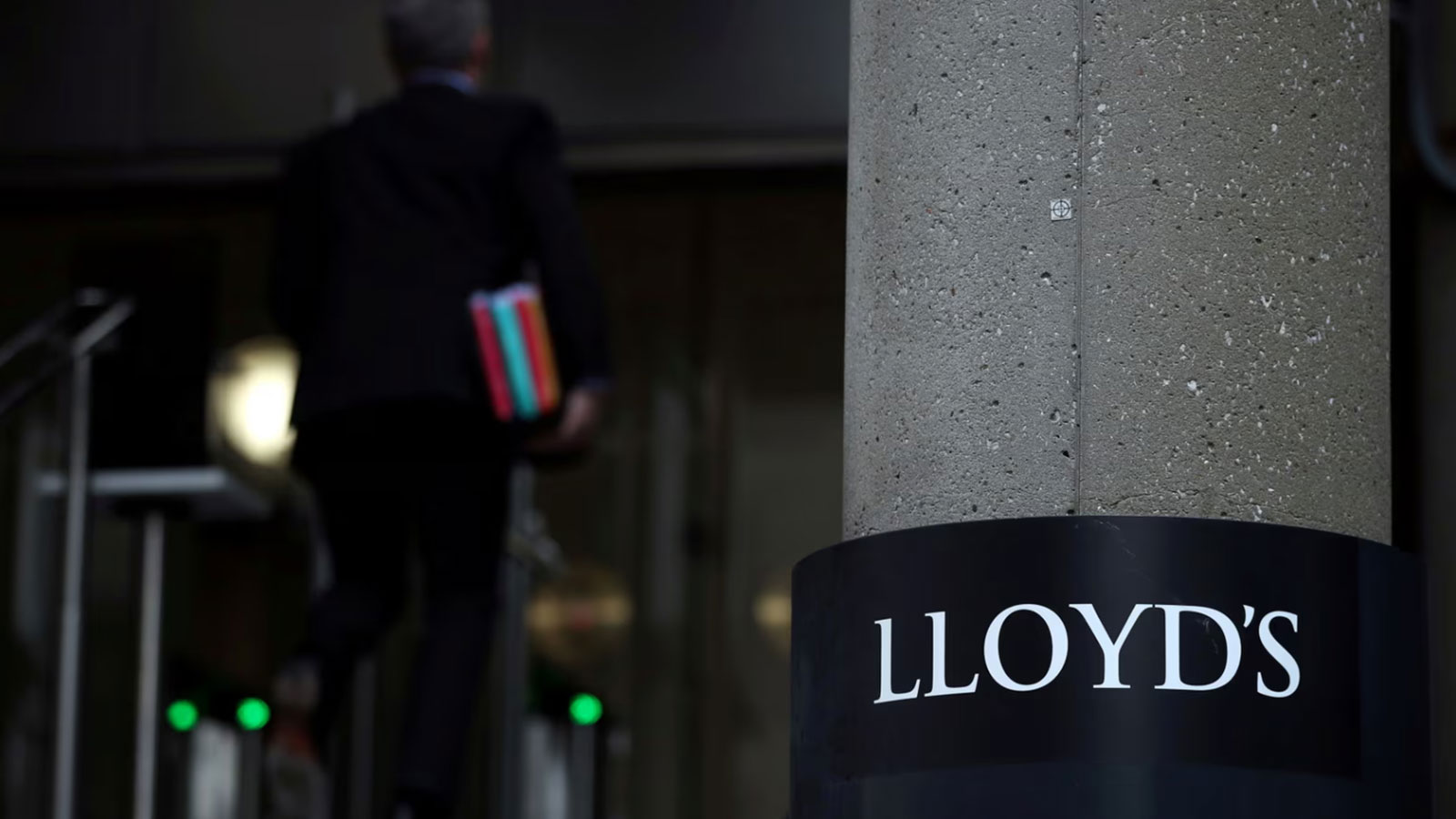Originally published by The Guardian, June 17, 2020.
Firms will make payments to benefit the BAME community and promote diversity.
Two major British firms have pledged to make payments to representatives of black people, as well as those of other minority ethnic backgrounds, as they seek to address their founders’ roles in the trans-Atlantic slave trade.
The pub chain and brewer Greene King and the insurance market Lloyd’s of London both revealed on Wednesday evening that they would be making the reparations.
The news, first reported by the Telegraph, comes as people outraged by the killing of an African American man in Minnesota, George Floyd, as well as continuing racial discrimination closer to home, demand that the UK recognise the ongoing legacy of the British empire’s extensive role in the enslavement of millions of Africans.
Records archived by researchers at University College London (UCL) show that one of Greene King’s founders, Benjamin Greene, held at least 231 human beings in slavery and became an enthusiastic supporter of the practice.
When slavery was abolished in the British empire in 1833, the government agreed to pay compensation; not to the enslaved people, but to the slaveholders.
The records show Greene was given the equivalent of about £500,000 at today’s rate when he surrendered rights to plantations in Montserrat and Saint Kitts.
He handed over control of his brewery to his son three years later and it was given its current name after a merger in 1887. Several of Greene’s descendants went on to hold prominent positions in British society, including a Bank of England governor, Conservative MP and BBC director general.
“It is inexcusable that one of our founders profited from slavery and argued against its abolition in the 1800s,” said Nick Mackenzie, Greene King’s chief executive officer on Wednesday.
“We don’t have all the answers, so that is why we are taking time to listen and learn from all the voices, including our team members and charity partners as we strengthen our diversity and inclusion work.”
MacKenzie added that the firm will “make a substantial investment to benefit the BAME community and support our race diversity in the business”. He added that the firm now employs people “across the UK from all backgrounds”, adding that “racism and discrimination have no place at Greene King”.
Lloyd’s of London said it would “invest in positive programmes to attract, retain and develop black and minority ethnic talent”, as well as providing “financial support to charities and organisations promoting opportunity and inclusion for black and minority ethnic groups”.
A spokesman said Lloyd’s was in the process of identifying suitable groups, while Greene King is understood to be consulting on which would be most appropriate. Neither firm was able to say on Wednesday evening how much money they intended to pay in charitable donations or investments in relevant schemes.
The UCL records show that Simon Fraser, a founder subscriber member of Lloyd’s, held at least 162 people in slavery and was paid the equivalent of nearly £400,000 at today’s rate for ceding a plantation in Dominica, while yet more were held at a site in British Guiana researchers believe either belonged to him or to his son.
“Lloyd’s has a long and rich history dating back over 330 years, but there are some aspects of our history that we are not proud of. In particular, we are sorry for the role played by the Lloyd’s market in the eighteenth and nineteenth century slave trade. This was an appalling and shameful period of English history, as well as our own, and we condemn the indefensible wrongdoing that occurred during this period,” a spokesman said on Wednesday.
The firm said it wanted to both acknowledge its history and identify what it could do to foster a more inclusive culture in the present. Besides the investments, it said it intended to provide education and research, as well as reviewing its “organisational artefacts to ensure that they are explicitly non-racist”.
The spokesman added: “We are grateful to our black and minority ethnic colleagues who have helped to shape our conversations and actions to ensure that we create an environment free from injustice for them and for all. Our commitment is that we will continue to listen and learn as we act and to measure our progress.
“There is a long way to go but we are determined that we can and will create a culture in the Lloyd’s market in which everybody can flourish.”
Records show that, far from a system involving a few wealthy slaveholders, many ordinary Britons benefited directly from fairly small stakes in the trans-Atlantic slave trade, while the country in general grew rich as a result of its proceeds.
Source: The Guardian
Featured image: When slavery was abolished in the British empire in 1833, the government paid compensation; not to the enslaved people, but to slaveholders such as Simon Fraser, a founder subscriber of Lloyd’s. (Photograph: Hannah McKay/Reuters)


